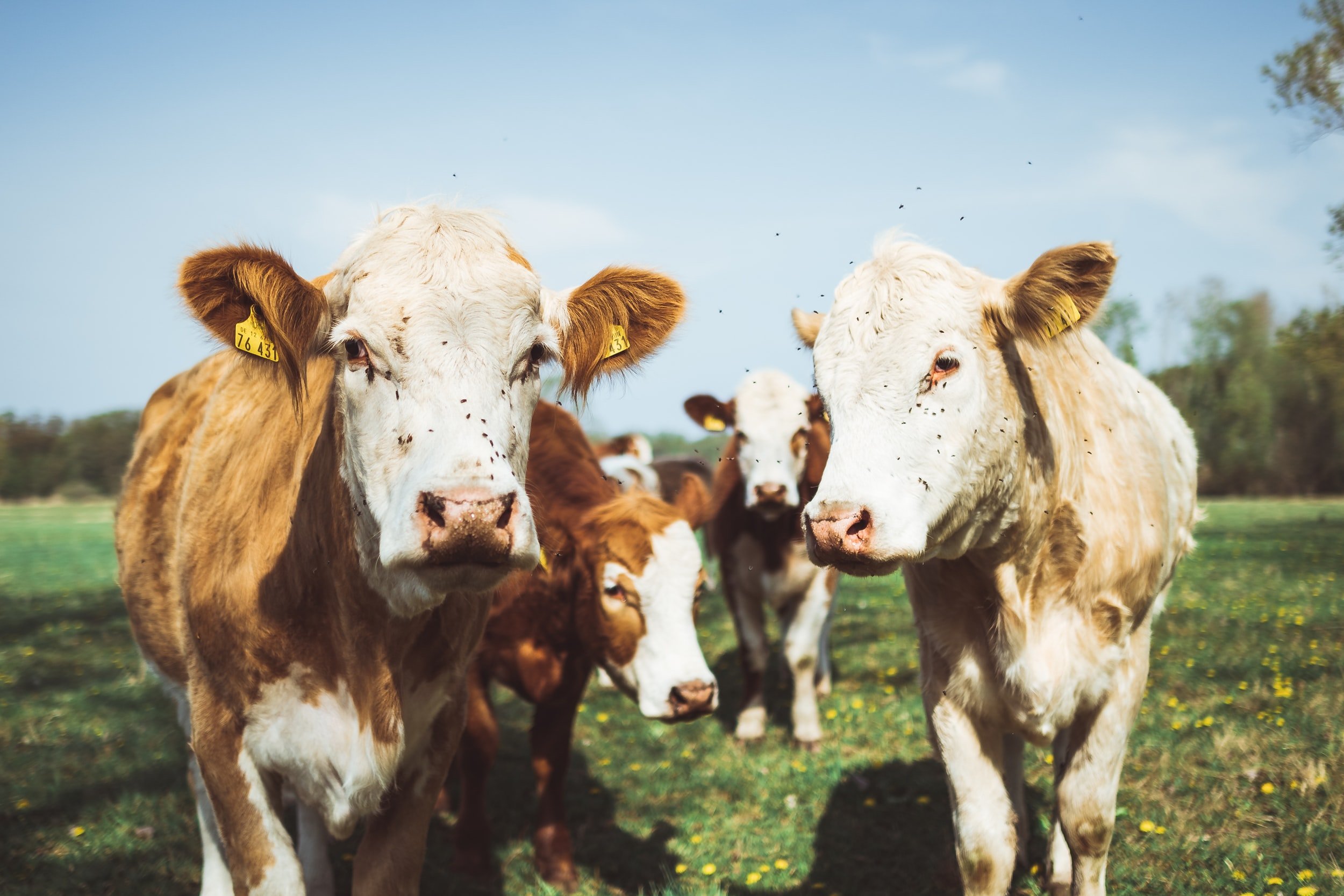
MANURE MANAGEMENT
What Type of Plan do you need?
Review What Type of Plan Do You Need For Your Farm? and complete the Animal Density Calculation to determine if your operation is a VAO, CAO or CAFO.
If your operation is a CAO or CAFO, an Act 38 Nutrient Management Plan is required.
If your operation is a VAO, a Manure Management Plan is required.
Contact the Conservation District for assistance on developing the required plan for your operation.
environmental concern CONTACTS
Black Fly Complaint Reporting - PA DEP Black Fly Suppression Program
Environmental Complaint Form - PA DEP
Fly Activity from Agriculture Complaint - PA Ombudsman Program
Manure on Roads - Call local police
Manure Spill - PA DEP South Central Region - Call 1-800-541-2050
Biosolids - PA DEP Biosolids South Central Region - Call 717-705-4786
Pollution Incident or Fish Kill - PA Fish & Boat Commission - Call 1-855-347-4545
Mosquito Complaint Reporting Form - PA DEP West Nile Virus Program
Spotted Lanternfly Reporting - PennState Extension
What is a Manure Management Plan?
A Manure Management Plan (MMP) determines manure and fertilizer application rates for each crop group, as well as manure application setbacks from environmentally sensitive areas.
Who Needs a Manure Management Plan?
All farming operations, regardless of size, that generate or land apply manure or agricultural process wastewater.
This includes:
Generated and imported manure and wastewater
Operations with livestock, even if no manure is mechanically spread on fields
All operations with pastures or animal concentration areas (ACAs)
Small hobby farms (goats, sheep, llamas, etc.) and horse operations
What Information is Included in a Manure Management Plan?
Acres of operation available to land apply manure
Animals on operation
Farm maps
Crop rotation
Manure application rates
Location of environmentally sensitive areas (streams, wells, ponds, etc.) and setbacks for applying manure near these areas
Winter application requirements
Manure storage facility information
Manure stockpiling or stacking requirements
Animal Concentration Area (ACA) identification (barnyards, feedlots, exercise lots, etc.)
Record keeping sheets
FAQ’s
Q) What is the definition of “winter spreading?”
A) December 15 - February 28 or anytime ground is frozen at least 4” or anytime ground is snow covered.
Q) What are the maximum application rates for spreading manure during the winter?
A) 5,000 gallons/acre for liquid manure, 20 tons/acre for solid non-poultry manure & 3 tons/acre for dry poultry manure.
Q) What are the manure application setbacks for environmentally sensitive areas?
A) Manure must be spread 100’ from streams, lakes, ponds or private/public water wells. A setback from a stream can be reduced if acceptable conservation practices are implemented.
Q) Are farmers required to incorporate/till-in their manure?
A) No.
Q) Are farmers allowed to stack manure in or near crop fields?
A) Yes, farmers may stack manure in-field for up to 120 days. If more than 120 days, manure must be covered with an impermeable cover or on an improved stack pad. Manure stacks may not be within 100’ from streams, lakes, ponds or active water wells.
Note: Answers based on an AO. Different regulations may apply to CAO or CAFO.
Ag Plan Reimbursement Program
Program Overview:
Agricultural landowners/operators may qualify for reimbursement for more than one agricultural plan up to a maximum amount of $6,000 per landowner/operator. The maximum reimbursement per plan is $1,500 or 80% of the cost of the plan, whichever is lower. A 20% match will be required from the participating landowner/operator.
Plans Eligible for Reimbursement:
Manure Management Plans
Agricultural Erosion and Sediment Control Plans (Ag E&S Plans)
Act 38 Nutrient Management Plans or NRCS 590 plans
Submit applications or questions to:
Katie Doster
717-277-5275 ext. 113
Email
